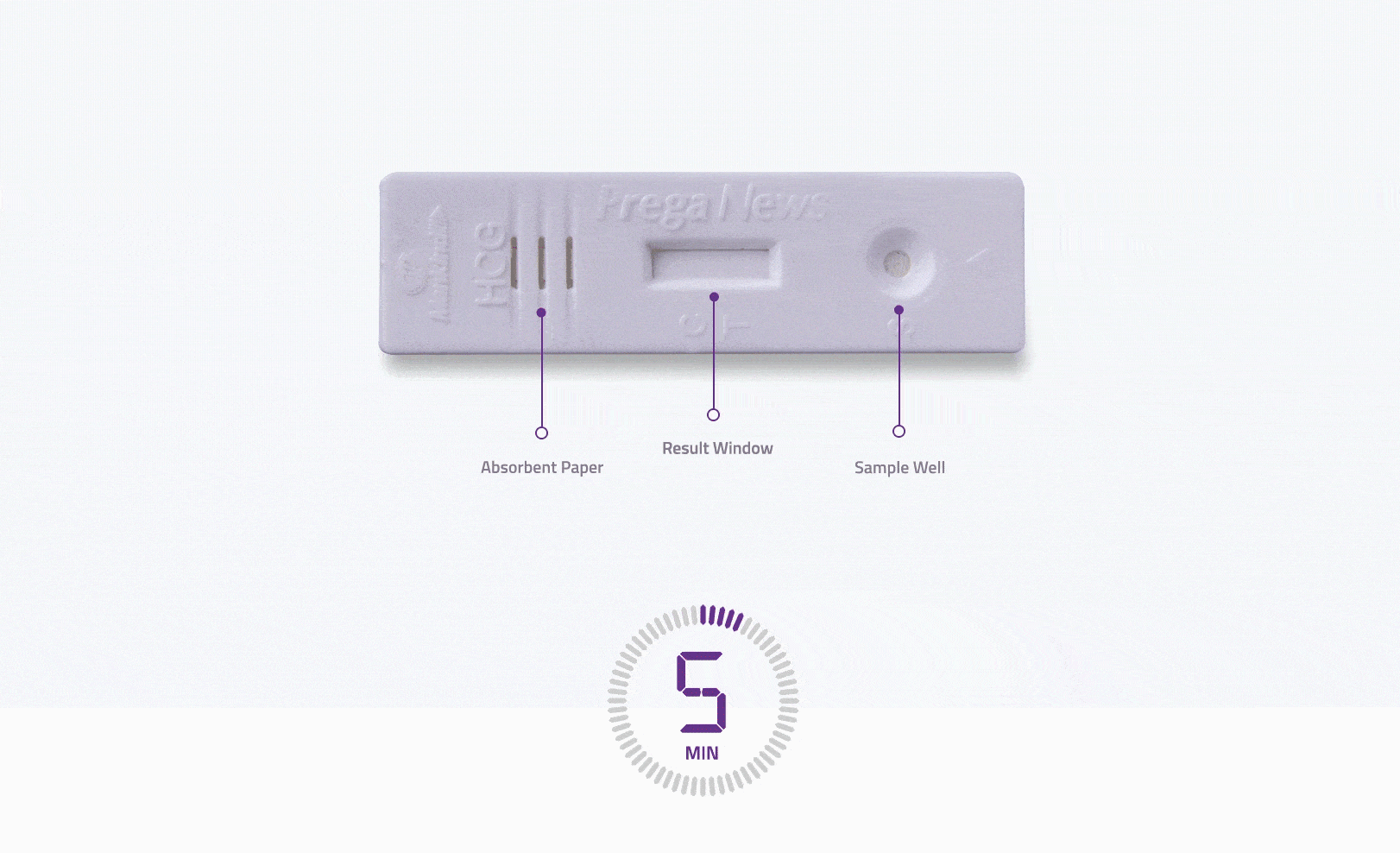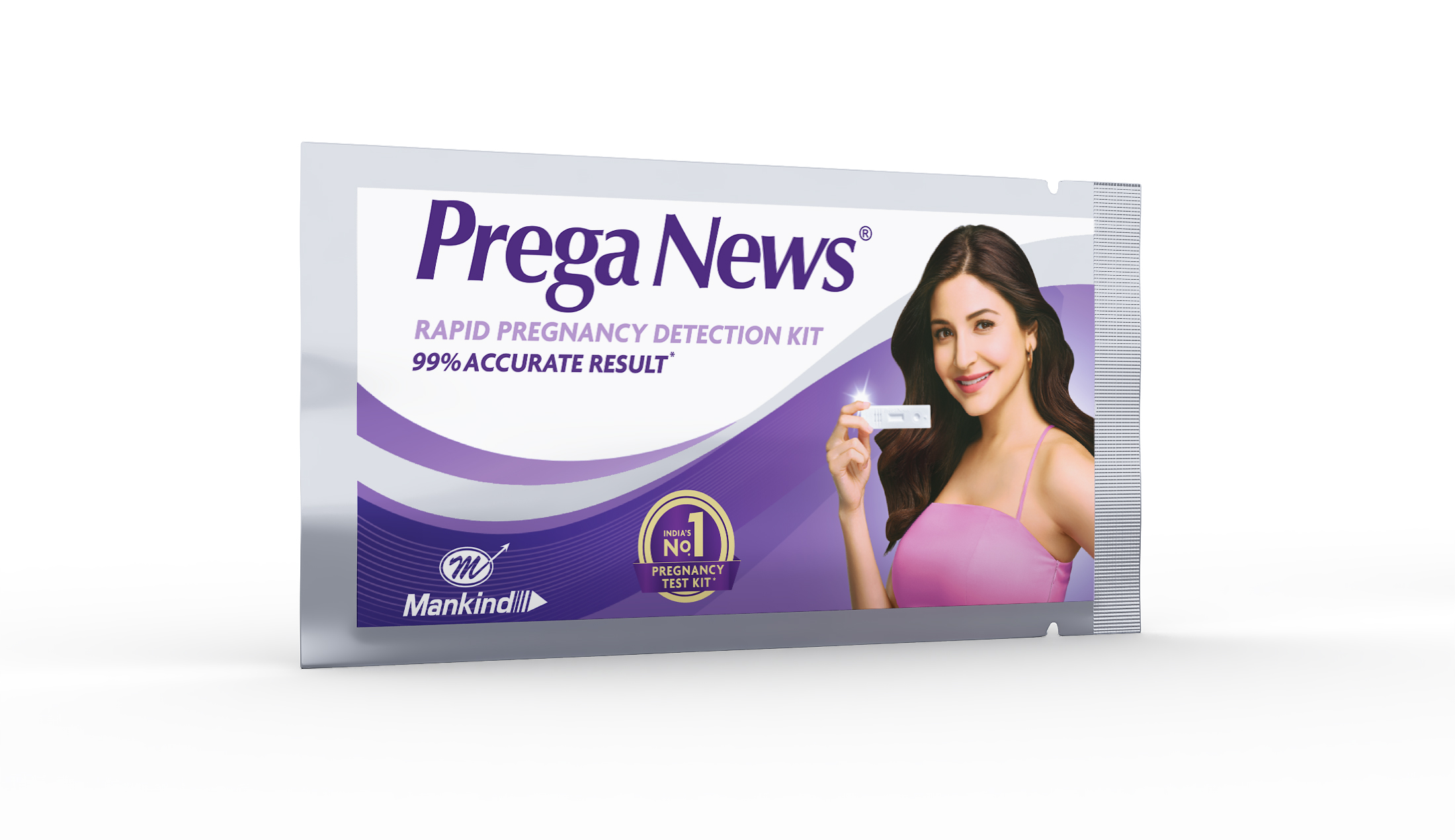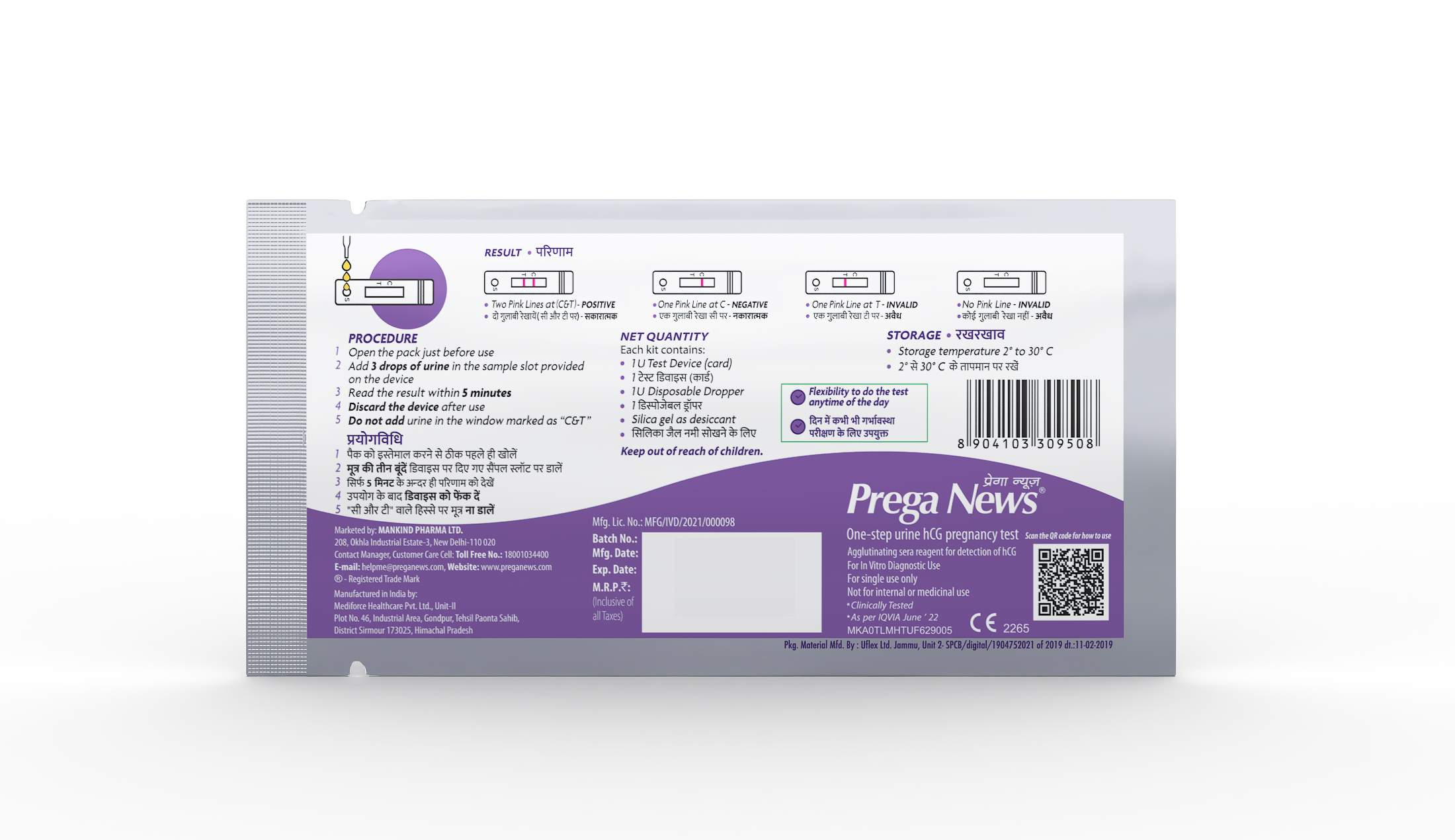- Product
-
Digital Tools

Ovulation Calculator
Learn your ovulation date and increase your chances of conceiving by tracking your most fertile days.

Pregnancy Due Date Calculator
Find out your little one’s expected arrival date and get a head start on all the baby planning.

Pregnancy Test Date Calculator
Find out the best date to take a pregnancy test for reliable results by ensuring proper hormone levels.
-
Mothers' Hub
Can medications impact the accuracy of your ovulation test results?
The Ultimate Guide to Read One Step HCG – Pregnancy Test Lines
How Pre-Pregnancy Supplements Boost Your Fertility
Natural Fertility Boosters: Incorporating Prega Hope Lubricant into Your Preconception Lifestyle
View AllPregnancy Testing: by an advanced method using an advanced kit
Postpartum Care: Healing And Fading Stretch Marks With The Help Of Cream
Pregnancy Skin-Care: How Prega Happy Anti Stretch Mark Cream Fits into Your Wellness Routine
Brain Development in children : Top 5 Brain activities
Common Diseases Of The Newborn Baby You Need To Know
View AllPost-Term Pregnancy: Risks and Options
-
Our Initiatives
-
Highlights
Prega News – Pregnancy Test Kit
One step hCG urine pregnancy detection test


Accuracy of 99%

Rapid Result in 5 mins

Urine Test Anytime, Anywhere
Good news that makes every moment good
A pregnancy detection card that is 99% accurate, easy to use and reliable. Find out if you are pregnant from the comfort of your own house.
In just a matter of 5 minutes, our highly sensitive testing device will indicate whether the hCG (Human Chorionic Gonadotropin) hormone is present or no, enabling you to know your pregnancy status.
Important Instructions
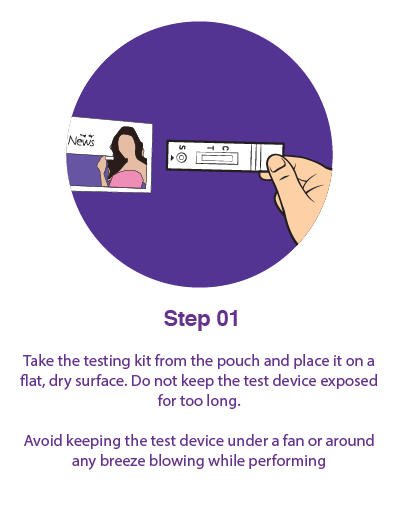
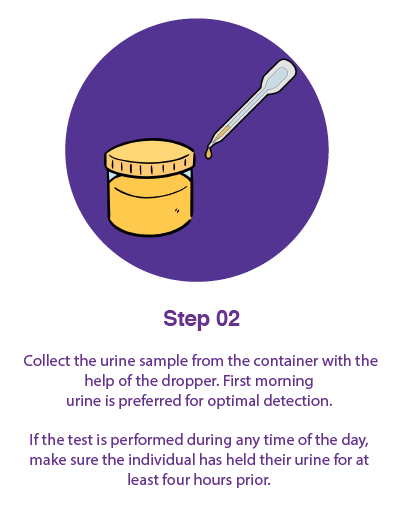
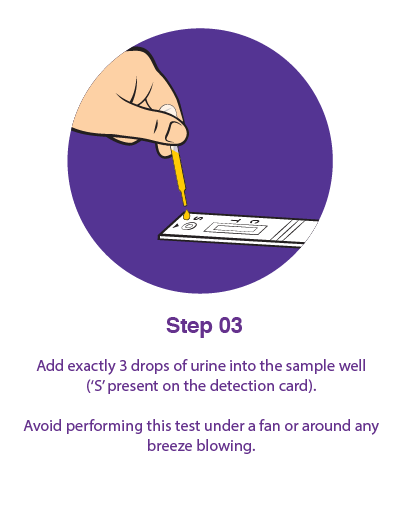
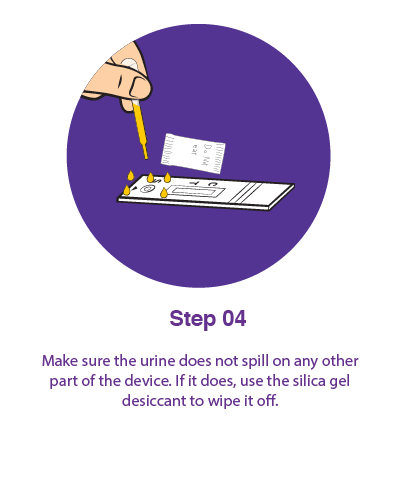
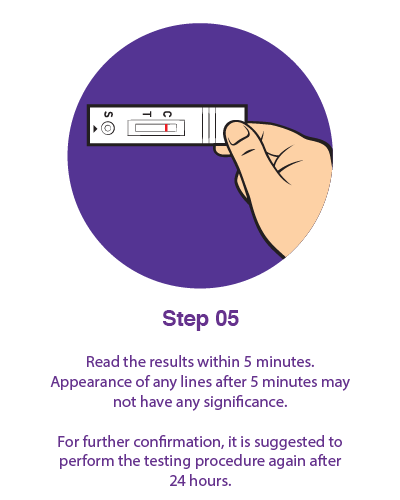
For further help please check out instructions manual
available in 6 different languages below
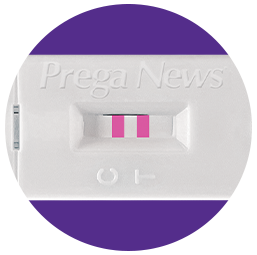
Pregnant
Two Pink Lines appear in the Easy Read Result Window.
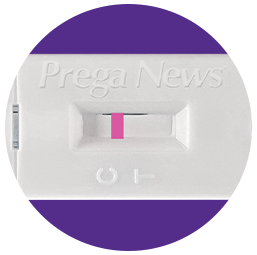
Not Pregnant
Only One Pink Line appears in the Easy Read Result Window.

Invalid
If you get a light pink line on T, you should retest with early morning urine.
Points to remember
- If you get a light pink line on T: It means that the pregnancy hormone (hCG) is not in the required amount. In this case, you should retest with early morning urine.
- If you receive another negative result: If your period still hasn’t started then, we advise you to call your healthcare professional.
- If you took the test too early in your cycle: You should ideally take the test within 7 days from the date of your missed period so that pregnancy hormone (hCG) can be detected.
NEED MORE HELP?
Frequently Asked Questions
Other
Mankind Brands



























